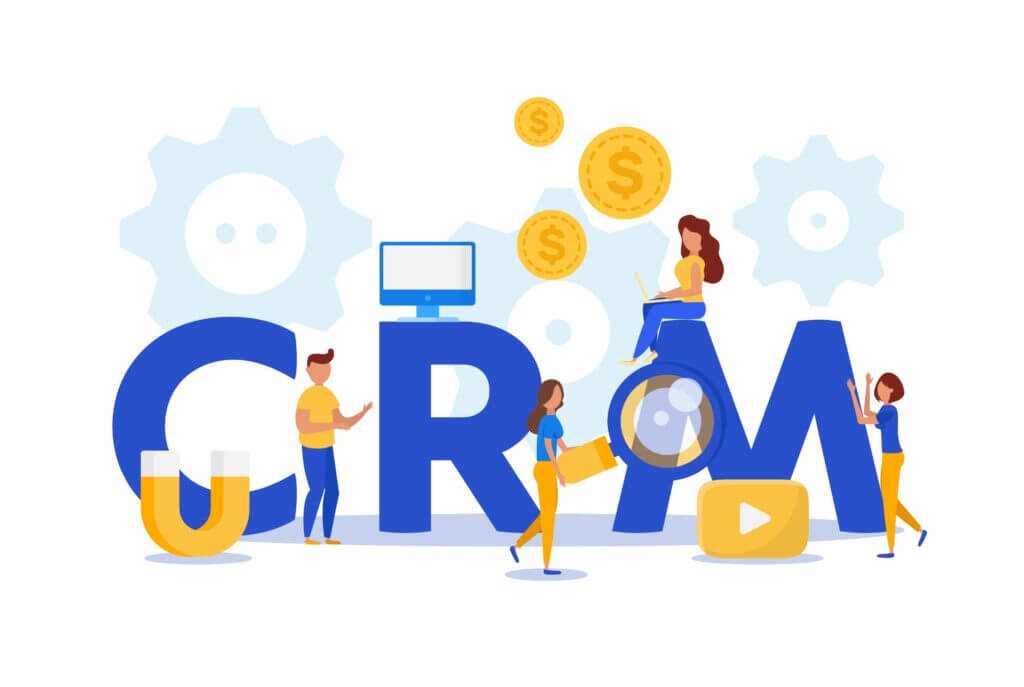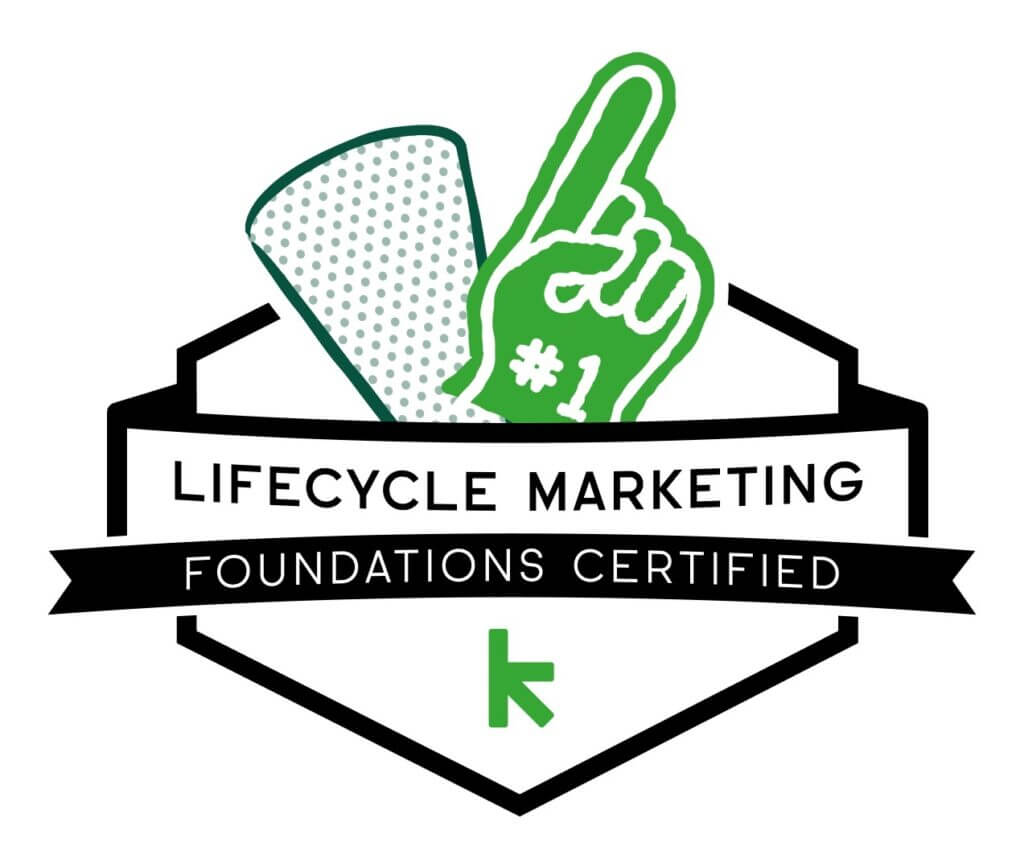What is CRM? Demystifying Customer Relationship Management
In today’s dynamic business landscape, Customer Relationship Management (CRM) has emerged as a pivotal strategy for companies seeking to understand their customer base, adapt swiftly to changing demands, and foster lasting relationships. The definition of CRM may vary, but its essence remains constant—building, nurturing, and optimising customer connections.
Key Features of CRM
- Adaptability: CRM empowers companies to respond promptly to evolving customer needs.
- Data Management: Leveraging CRM technology, firms collect and manage extensive customer data to craft informed strategies.
- Customer Lifecycle Enhancement: Data amassed through CRM initiatives aids in identifying and resolving issues throughout the customer relationship cycle, from acquisition to retention.
- Tailored Offerings: CRM insights enable the design of personalised products and services that cater to distinct customer segments.
- Holistic Problem Solving: Beyond marketing and sales, CRM data often provides solutions to broader business challenges, such as supply chain management and innovation.
Reputable Definitions: Numerous respected institutions and experts have attempted to define CRM, emphasising its multifaceted nature:
Gartner’s Vision of CRM
Gartner is a globally recognised research and advisory firm. Its definition of CRM holds significance due to its expertise in evaluating technologies and strategies. According to Gartner, CRM is a business strategy that harmonises profitability, revenue growth, and customer satisfaction. It involves customer-centric processes, market segmentation, and encouraging customer-friendly behavior.
Gartner’s Contemporary Take
Gartner’s ongoing influence in the technology and business strategy space is underscored by its modern CRM definition. It highlights CRM as a strategic business approach that bolsters revenue, profitability, customer satisfaction, and loyalty. CRM technologies are the driving force behind strategy execution and the management of customer relationships, be it in-person or virtually. CRM software empowers companies across four crucial segments: Sales, Marketing, Customer Service, and Digital Commerce.
Bain’s Perspective on CRM
Bain & Company is a prestigious management consulting firm renowned for its strategic insights. Bain’s perspective on CRM underscores its importance as a process through which companies gain insights into their customer groups, enabling them to respond swiftly and even instantaneously to shifting customer desires.
In an era defined by ever-evolving customer expectations, CRM remains indispensable. While definitions may vary, the core objective remains constant: optimising revenue, profitability, and customer satisfaction. CRM is more than technology; it’s a strategic approach to nurturing valuable relationships. Embracing Gartner’s modern definition, we recognise CRM’s comprehensive role in modern business—building strong customer connections across sales, marketing, service, and digital commerce. As we journey through this dynamic landscape, CRM continues to be the compass guiding us toward enduring customer success.



